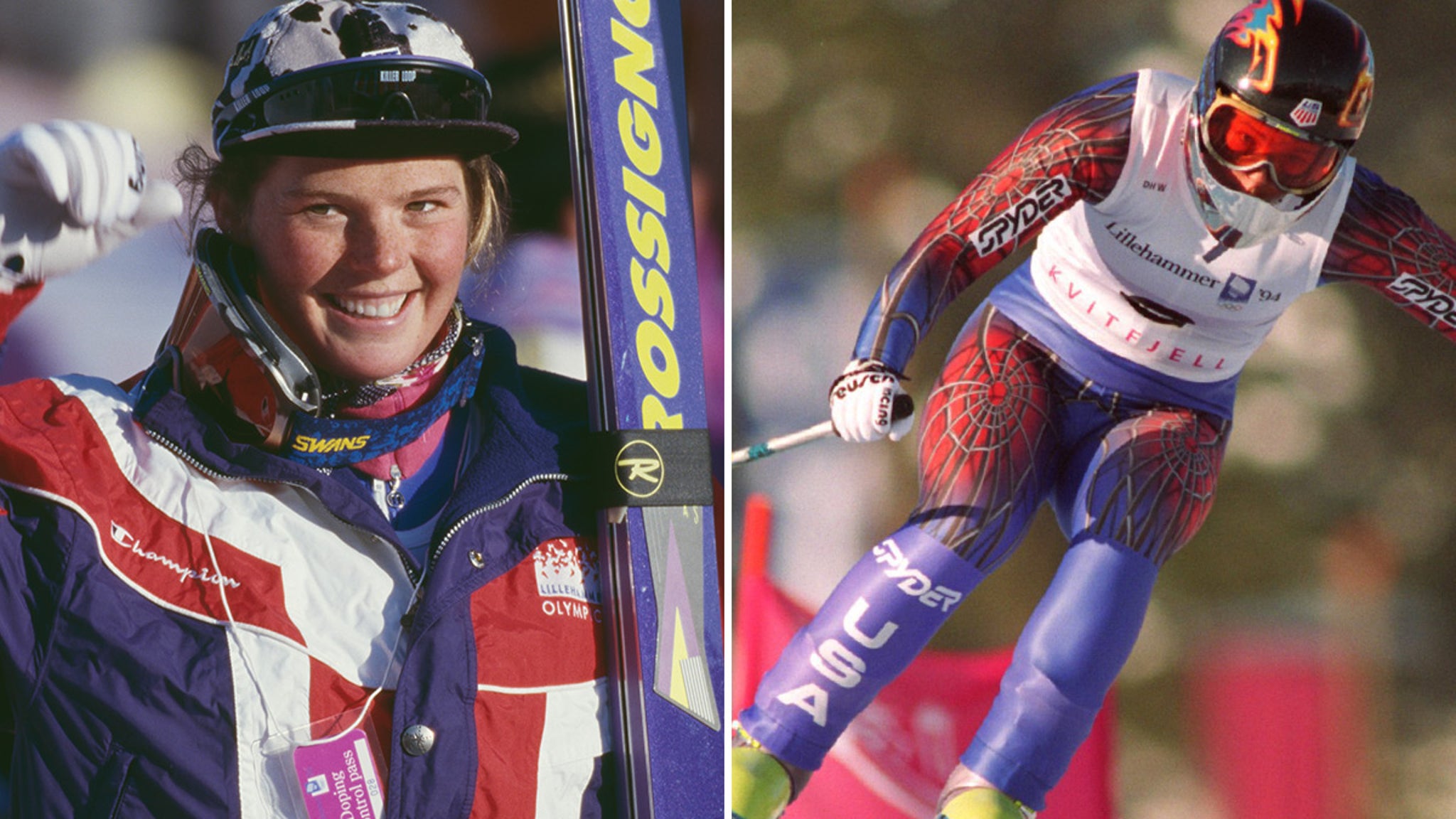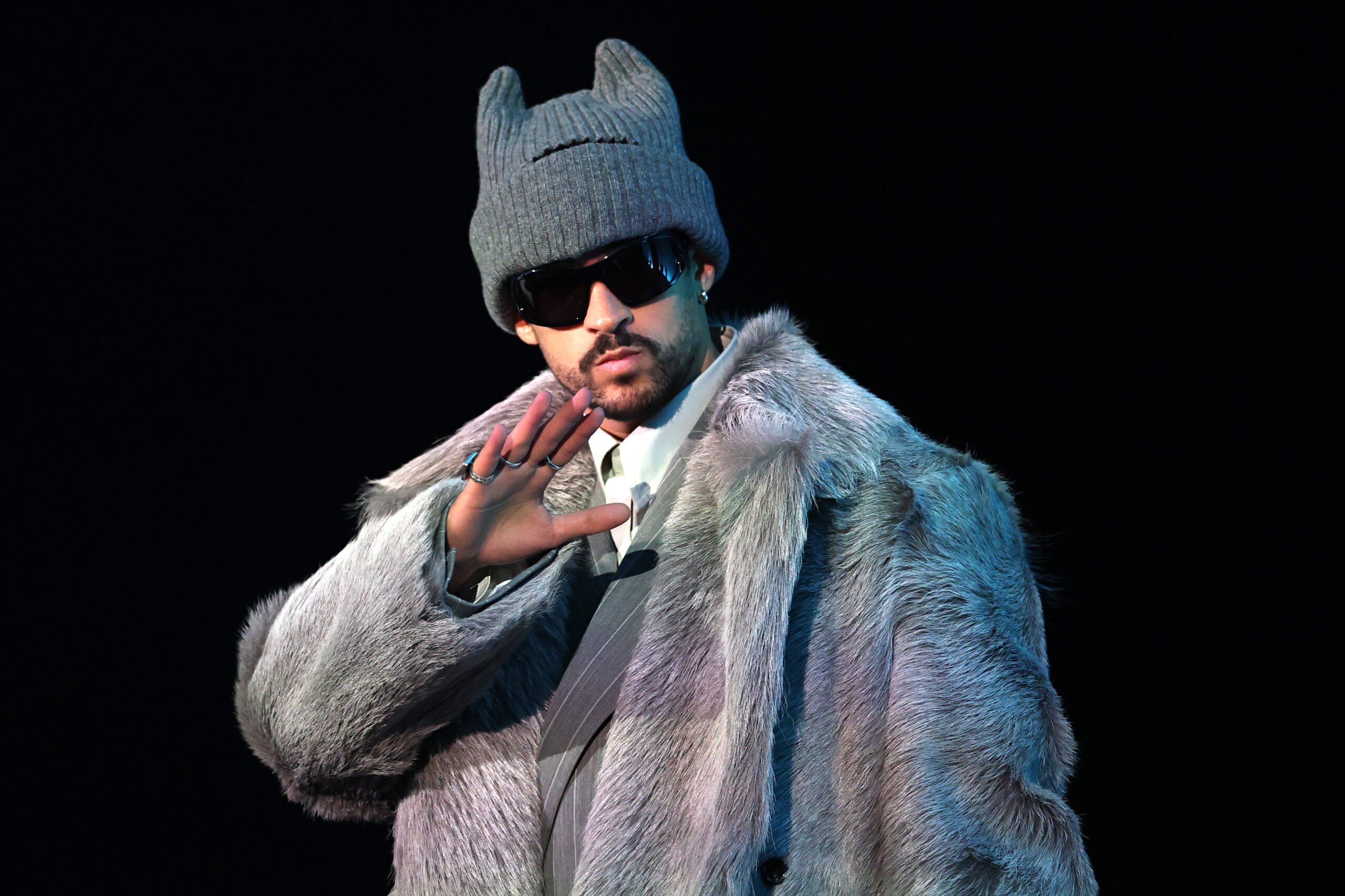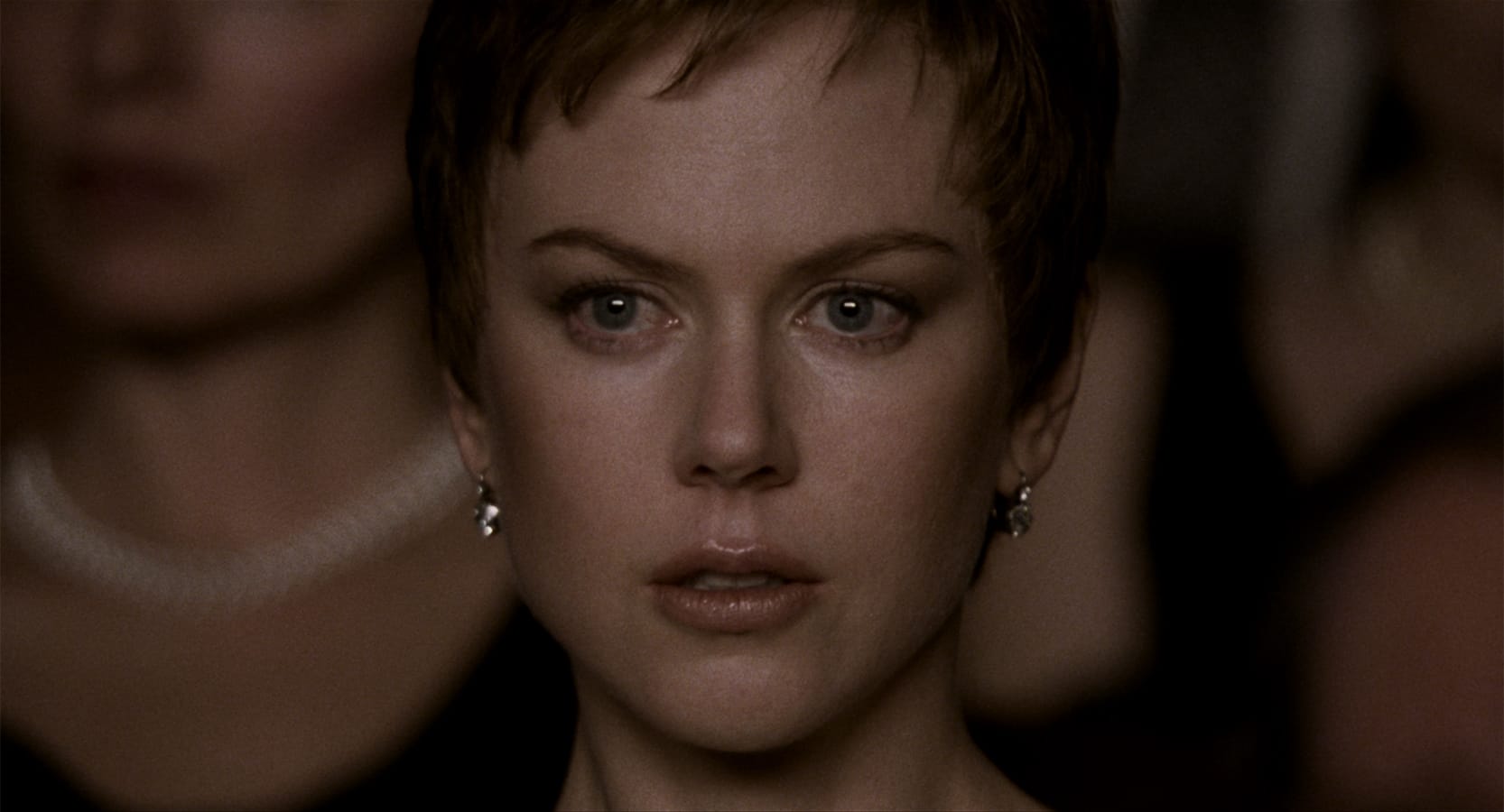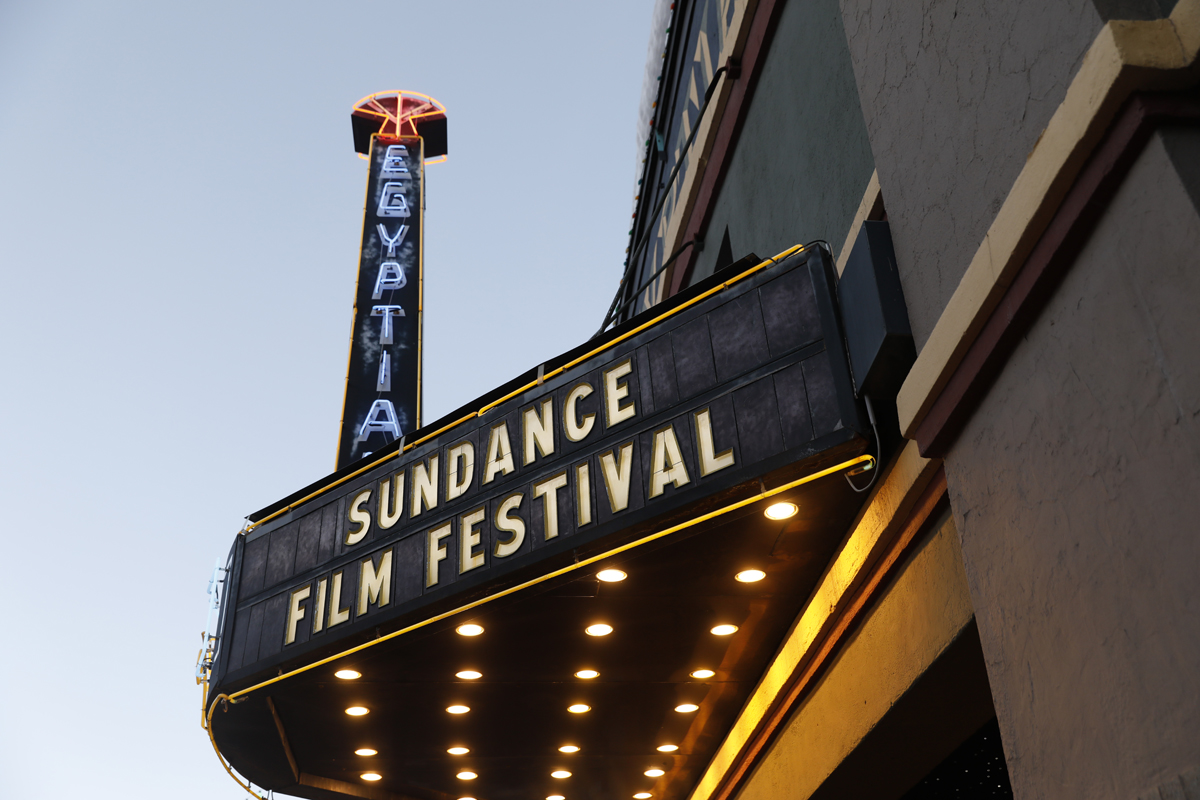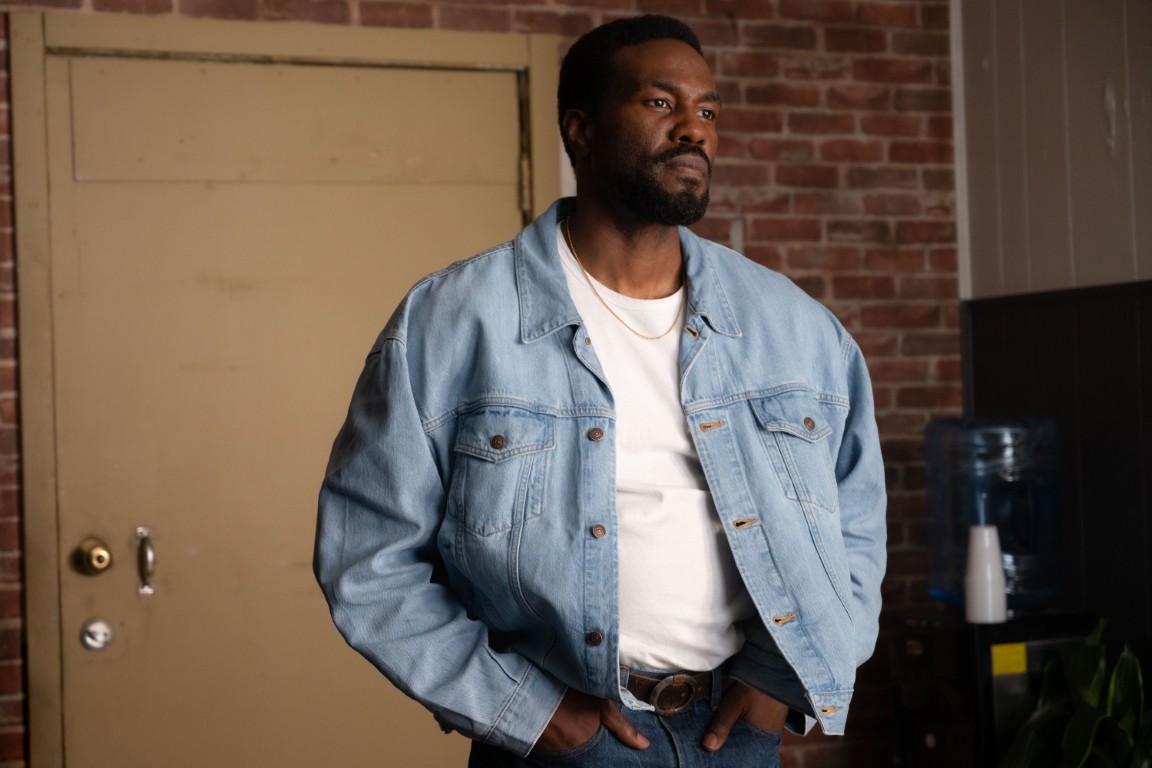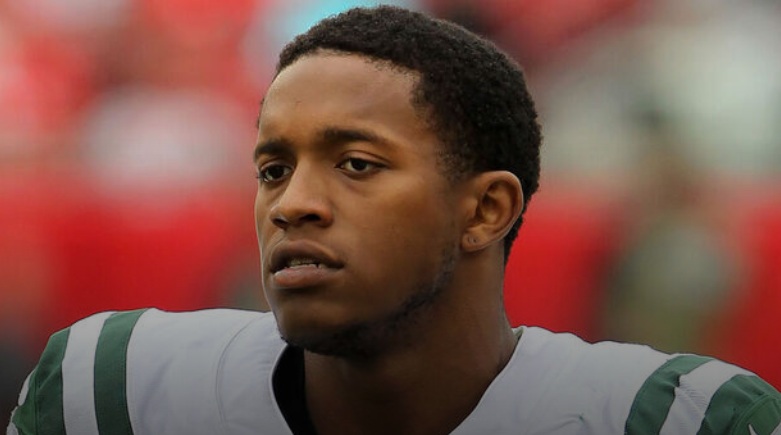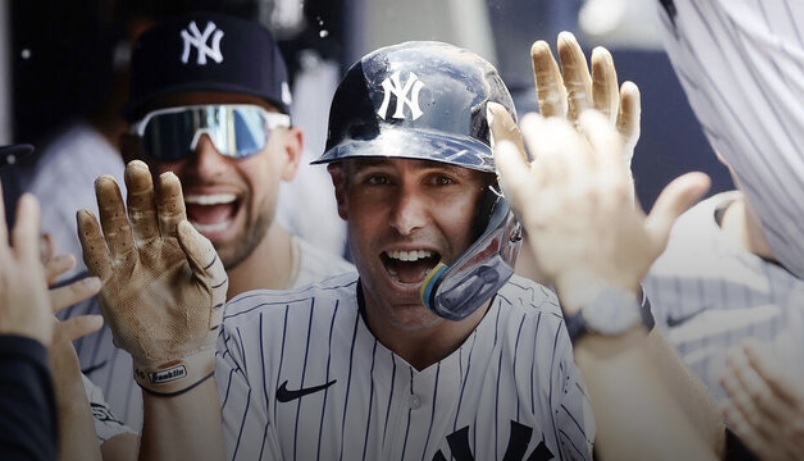
Sega has announced that it has partnered with Japanese blockchain company Double Jump Tokyo to produce a new game based on the Sangokushi Taisen series.
As reported by 4Gamer, Sangokushi Taisen is a real-time strategy series, most popular in Japanese arcades. The game involves collecting physical cards that can be placed onto the playing area to make them appear in the game.
The new game, which will be Sega’s first foray into blockchain gaming, will be developed by Double Jump Tokyo, with Sega lending the use of the Sangokushi Taisen IP. It is currently unclear how the game will utilise the blockchain, although given the game’s card-collecting mechanic, it could be used to record ownership of each card.
No further details, such as release date or platform information, are currently available.
Sonic Origins. Credit: Sega.
The game will be built on Double Jump Tokyo’s Oasys blockchain technology, which claims to be eco-friendly – a particularly contentious point, given that the biggest criticism of blockchain-related technologies, such as NFTs, is their detrimental environmental impact.
Speaking of NFTs, Sega has already partnered with Double Jump Tokyo on multiple NFT projects. This announcement came in spite of the company promising to avoid NFTs if they prove unpopular with the gaming community. This could be the rationale for the (relatively) quiet introduction of blockchain to a popular Japanese arcade series, rather than a more internationally-known franchise.
Sega seems to believe the blockchain has a future in gaming, however. In an April interview on Sega’s website (and translated by VGC), Sega producer Masayoshi Kikuchi stated his belief that NFTs will be a part of the gaming landscape in the future.
Virtua Fighter 5 Ultimate Showdown. Credit: Sega.
“Gaming has a history of expansion through the connection of various cultures and technologies,” said Kikuchi. “For example, social networking and game video viewing are recent examples.
“It is a natural extension for the future of gaming that it will expand to involve new areas such as cloud gaming and NFT.”
Other companies have moved to distance themselves from the practice. Most notably, Minecraft creator Mojang recently banned NFTs and blockchain technology from the game, stating that “profiteering” and “models of scarcity and inclusion” have no place in Minecraft.
Elsewhere in games, Cardi B claims that a recent court case cost her a “multi-million dollar” Call of Duty deal.
You can view the original article HERE.



